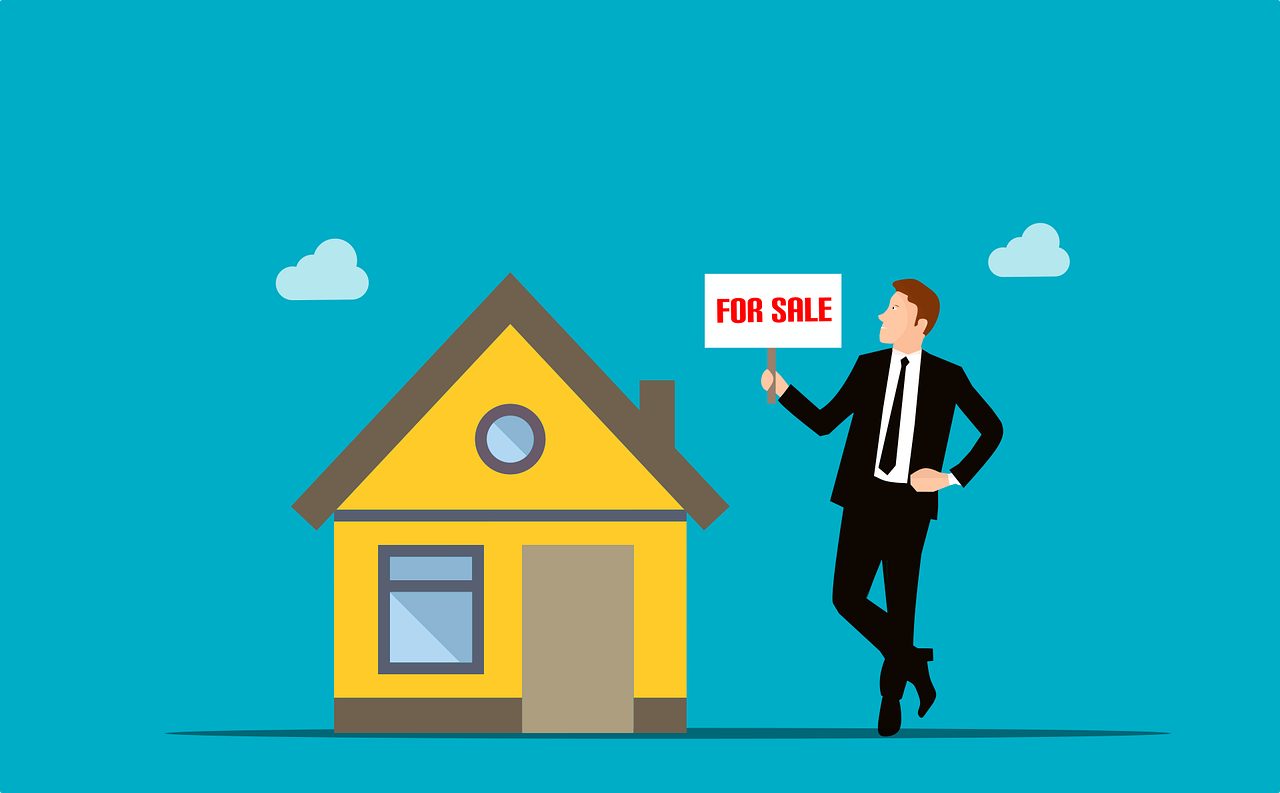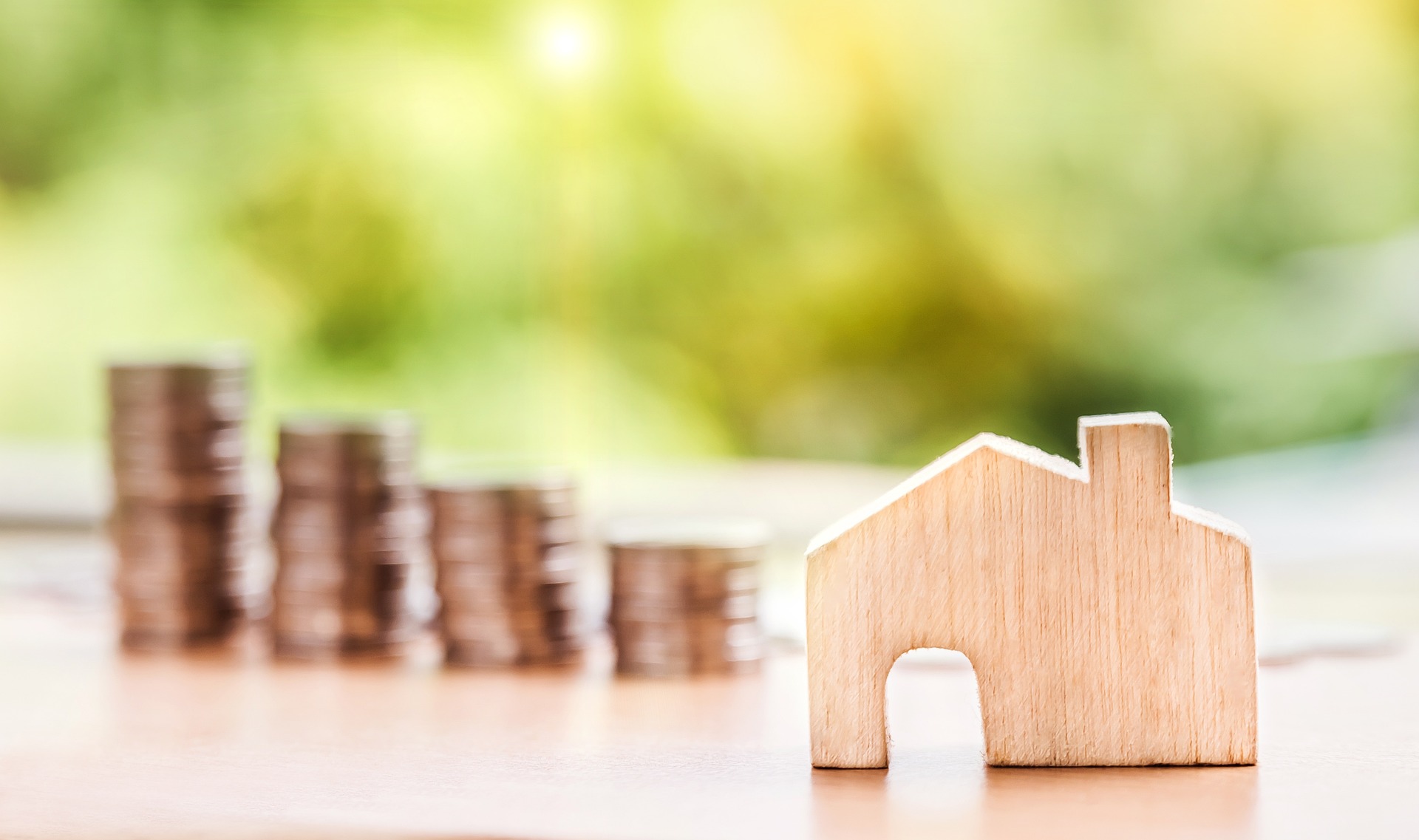A Beginner’s Guide to Evaluating and Purchasing a Rental Property
If you’ve never considered real estate investing before, it’s normal to feel a little lost at first. You undoubtedly have high hopes for your new investment property, like many other first-time buyers: steady renters, passive income, and early retirement. But how can one get there from where they now stand? You have to learn the fundamentals, just as with everything else. You may start building your wealth by learning the basics of the rental real estate market. However, when evaluating and purchasing a rental property, you must also be familiar with the many kinds of real estate, the potential for profit, mortgages, and the necessary legal procedures before acquiring any property. That being said, today, we will give you a beginner’s guide to evaluating and purchasing a rental property.
How To Evaluate a Rental Property
There are a number of factors you need to consider in order to properly evaluate a rental property. This is the case Whether you’re interested in residential or commercial real estate. Obviously, these factors will vary depending on the kind of real estate you’re considering, but the basic ideas remain the same.
1. The Condition the Property Is In
Think about how old and in what condition the property is. Send in your trusted inspector to check the property’s plumbing, electrical systems, and any other factors that may cause you issues down the line. The next step is to establish an honest estimate of how much additional money you will have to put in to remedy any issues. Purchasing a property that needs some work can save you a lot of money compared to the cost of a brand-new property.
2. The Location of the Property
The sort of renters that might be interested in renting the home depends on the community in which it is located. Tenants in their twenties will have different requirements and expectations than those in their fifties or sixties. The same goes for commercial real estate. You cannot use the same criteria for selecting a location for an addiction treatment center as you would for a store. You should also consider the tax rate and crime rates of the area you are considering.
4. Demand and Supply
Observing the competition in the area around the property you are interested in is essential. Investigate available listings and vacant properties in the area. Vacancies and listings that are unusually high during a given time period may be indicative of seasonal rental cycles or an otherwise declining area. This means you may need to reduce your rental rates in order to find tenants.
5. Facts and Figures
When deciding whether or not to invest in a rental property, it is important to do the math. This is the only way you’ll be able to figure out if the returns you are expecting justify the risk. Some of the calculations you should do are:
- Cash flow (monthly or annual profit/loss)
- Net Operating Income (property income, excluding acquisition costs)
- Return on investment (annual return divided by investment costs)
- Capitalization rate (property returns, independent of financing)
If you’re not good with numbers, consult a professional such as an accountant or financial advisor before making any final decisions about the investment.
How to Purchase a Rental Property
After you have found a property that you like and figured out how valuable it is, it’s time to make a purchase. However, the process of purchasing can be just as time-consuming and complicated as evaluating if you don’t do it correctly. That being said, selecting an appropriate mode of financing and teaming up with a competent agent are the two most crucial steps.
1. Choose Appropriate Financing
When deciding how to finance the purchase of your first investment property, everything comes down to your ultimate goals as a real estate investor. Do you want a steady stream of monthly income or long-term appreciation? Your returns will be proportional to the type of financing you use. In this way, a monthly increase in your mortgage payment would cut into your available money. The good news is that you can expect a healthy income flow and future gain if you do your research and invest in a rental property in a thriving area. However, since the property is frequently a growing asset, investing in it can be beneficial. As the value of your rental property rises over time and rents rise to keep up with inflation, your monthly income flow, and eventual net worth will increase.
2. Work With a Real Estate Agent
According to experts at preferred-movers.com, the majority of people purchasing property will benefit from working with a real estate agent. There are several reasons for this, the most important of which is that they can assist you in locating the most competitive price. Every dollar you spend on a rental property reduces the net income for the month. You may save the most money by working with a professional real estate agent.
Buying Rental Property has Risks
As with any investment, rental properties are not without risks, and vacancies are one of them. You shouldn’t invest in a property with the expectation that you’ll be able to rent it out every single day of the year. Even if the time between renters is brief, vacancies will occur. The majority of new investors don’t plan enough to cover these lulls in the market. This is why you should leave some wiggle room in the budget for vacancy forecasting every so often, mainly when you know a lease is about to end. Furthermore, you will also need to take care of all maintenance problems and possible early termination fees. That being said, You can take care of this by hiring a property manager.
Conclusion
With a beginner’s guide to evaluating and purchasing a rental property, you will be more confident in making decisions related to your investment. By following these steps, you can make educated decisions about your property and give you confidence that you are making the right choices.







Recent Comments